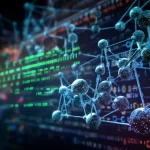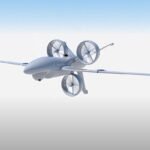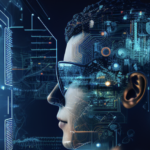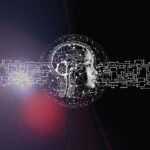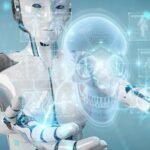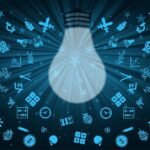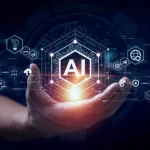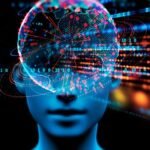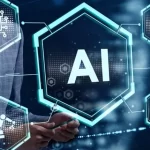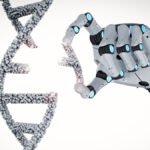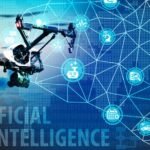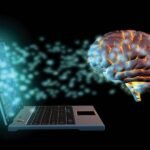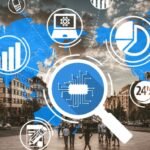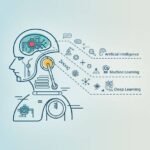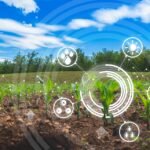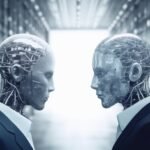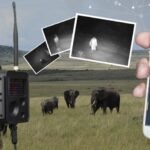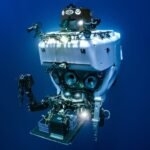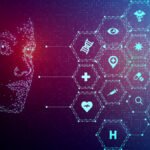AI in Oil Spill Cleanup: AI-driven approaches to manage and clean oil spills.
Oil spills are environmental disasters with far-reaching consequences, affecting marine ecosystems, wildlife, and local economies. In the quest for effective solutions, Artificial Intelligence (AI) has emerged as a game-changer in oil spill cleanup efforts. AI-driven technologies are transforming the way we detect, contain, and remediate oil spills, offering innovative approaches that have the potential to mitigate the devastating impact of such incidents. In this blog, we’ll delve into the groundbreaking role of AI in oil spill cleanup and explore how these advancements are reshaping our response to environmental emergencies.
Early Detection and Monitoring
Swift detection of oil spills is crucial for prompt response and effective containment. AI-driven tools equipped with satellite imagery, sensors, and machine learning algorithms can accurately identify and monitor oil spills in real time. These systems analyze patterns, colors, and anomalies to differentiate between oil slicks and natural phenomena, enabling rapid intervention before the spill spreads further.
Precision and Predictive Modeling
AI excels at processing vast amounts of data to generate predictive models. In the context of oil spills, AI algorithms can consider factors such as ocean currents, wind patterns, and spill characteristics to predict the spill’s trajectory. This information helps responders strategize containment and cleanup efforts, maximizing the efficiency of resource allocation and minimizing the damage.
Autonomous Vehicles and Drones
Unmanned vehicles, including autonomous drones and underwater robots, are invaluable assets in oil spill cleanup. AI-powered drones equipped with sensors and cameras can monitor spill sites, assess the extent of contamination, and transmit real-time data to responders. Underwater robots can conduct intricate inspections, mapping the underwater environment and identifying oil plumes that might go unnoticed on the surface.
Customized Cleanup Strategies
No two oil spills are the same, and AI’s ability to analyze complex data sets allows for tailored cleanup strategies. By assessing variables like spill location, weather conditions, and the type of oil spilled, AI algorithms can recommend the most appropriate cleanup methods, ensuring that resources are used effectively and efficiently.
Natural Language Processing (NLP) for Communication
Clear and efficient communication is crucial during oil spill emergencies, especially when multiple agencies and organizations are involved. NLP-powered AI tools can process and analyze vast amounts of textual information from news articles, social media, and official reports, providing responders with real-time insights into public sentiment, concerns, and emerging issues.
Challenges and Ethical Considerations
As with any technology, AI-powered oil spill cleanup approaches come with challenges. Ethical considerations, data privacy, algorithmic biases, and the potential for unintended environmental consequences are issues that must be carefully addressed. It’s essential to strike a balance between technological innovation and responsible environmental stewardship.
Future Prospects
The potential of AI in oil spill cleanup is vast and evolving. As AI algorithms become more sophisticated and capable of analyzing increasingly complex data sets, we can anticipate even more accurate predictions, improved response strategies, and enhanced collaboration among stakeholders.





